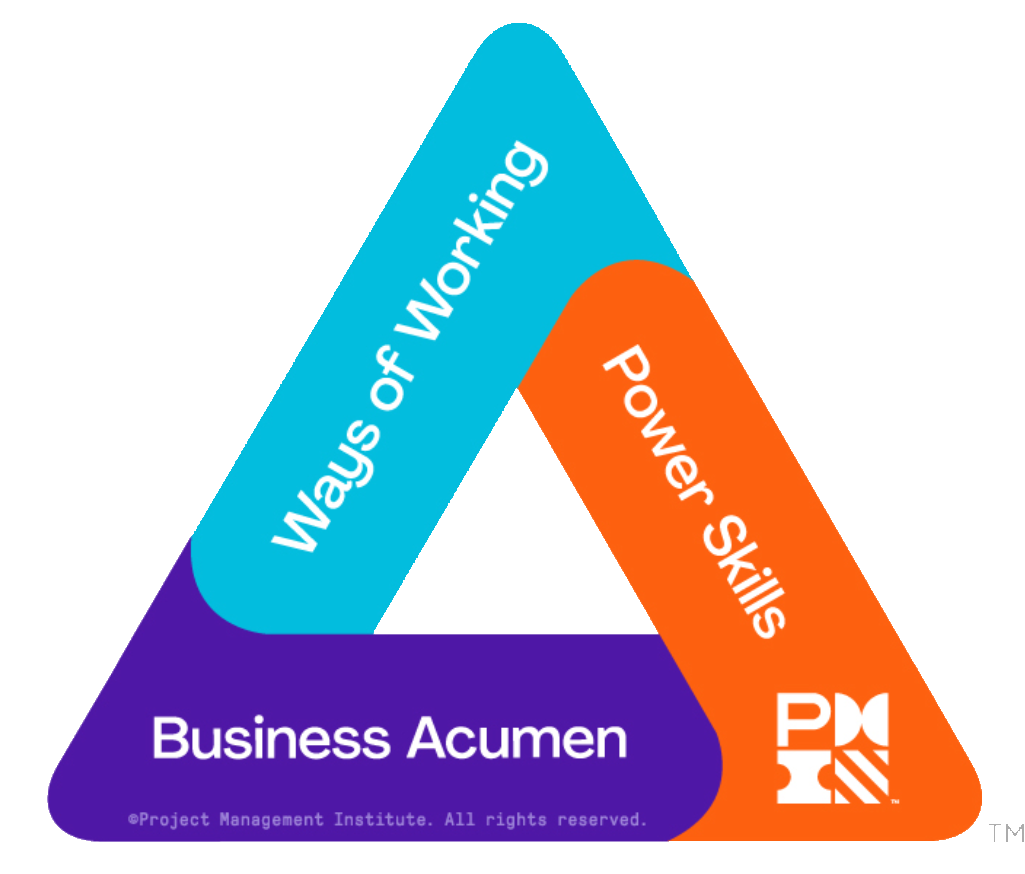
Each project is different in the way field contracts are managed. Sometimes there is a dedicated contract administrator, other times it is a field engineer who has to manage the contract and still others it is the construction manager or the project manager. On a daily basis they have to make decisions to act or not to act. These decisions could materially affect the Contractor, the Owner, and others.
In the end, no matter who is managing the contract the same contract management activities apply and the field personnel require knowledge of these activities. Knowing these activities will go a long way in minimizing claims during the contract management process as well as lessening problems in the field.
This two day workshop will look at 16 different activities associated with managing a field contract. Each of the 16 activities is important to the whole effort of managing the contract. If you leave out one, the whole contract management effort falls apart.
This workshop will benefit those, in industry and government, who have to manage field contracts and whose job it is to prepare the contract documents. This would include field engineers, contract administrators, construction managers, project managers, project engineers, superintendents, procurement, consultants, and site personnel interfacing with contractors.
Participants should already have some experience with preparing and administrating contracts.
Each participant is provided with a comprehensive course binder including a copy of the presentation slides, case studies, exercises, and a copy of the general conditions of contract clauses discussed.
Introduction
Ethics When Dealing With Contractors
What Is A Contract?
The Contract Package
Relationships With Contractors
The Basis of Contract Administration
Common Causes Of Claims
The Bid Process
Bid Evaluation
| Documentation
Meetings
Reports
Schedule Importance
Progress Monitoring
Safety
Procurement
Interface Coordination and Project Completion
Wrap Up
|
Course ID: 1704
Course Level: Intermediate
Duration: 2 days
Sessions not found.
 The following table provides the breakdown of the professional development units (PDUs) for this course aligned with the PMI Talent TriangleTM.
The following table provides the breakdown of the professional development units (PDUs) for this course aligned with the PMI Talent TriangleTM.
| WoW | PS | BA | |
| PMP | 10 | 0 | 4 |
| PgMP | 10 | 0 | 4 |
| PfMP | 6 | 0 | 4 |
| PMI-ACP | 10 | 0 | 4 |
| PMI-SP | 2 | 0 | 4 |
| PMI-RMP | 2 | 0 | 4 |
| PMI-PBA | 10 | 0 | 4 |
The three columns in the above table are Ways of Working, Power Skills & Business Acumen.
Other professional (re)certification credits are available, including: